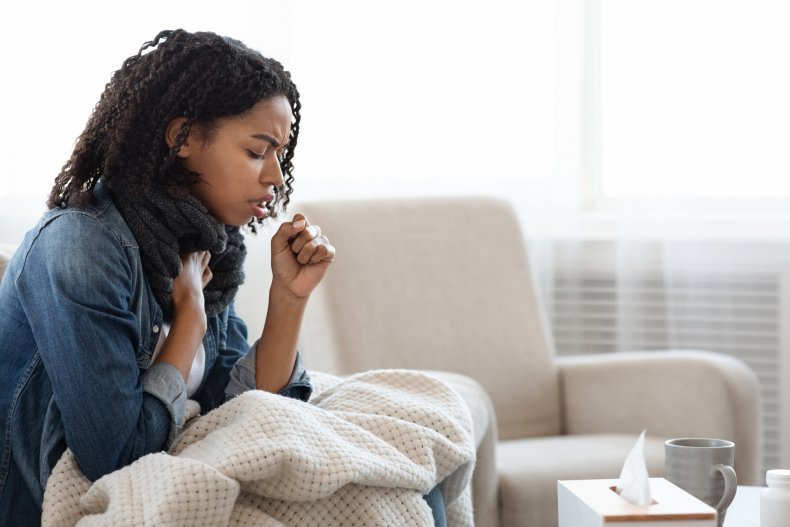Scientists are still working to gather data on the Omicron variant and there is much we still don't know about it, but some have suggested that it might possibly have a shorter incubation period than earlier variants.
An incubation period refers to the time it takes between someone getting exposed to a causative agent, like a virus, and for symptoms to show up.
Some pathogens might have very short incubation periods and some have very long ones. The incubation period can have an effect on how easy it is to track the spread of something.
With COVID-19, the U.S. Centers for Disease Control and Prevention (CDC) states that the average time from people getting exposed to the virus and showing symptoms is four to five days, though it could extend to 14 days.
One study reported that almost all people with COVID-19 who have symptoms will show those symptoms within 11.5 days, the CDC added.
The World Health Organization (WHO), meanwhile, states that the incubation period of COVID-19 is in the same ballpark—five to six days on average. Again, it notes that it can take up to 14 days.
Recently, some reports have suggested that the Omicron COVID variant may possibly have a shorter incubation period than earlier variants.
On December 6, the U.K. government's health secretary, Sajid Javid, said in a statement on coronavirus: "Recent analysis from the UK Health Security Agency suggests that the window between infection and infectiousness may be shorter for the Omicron variant than the Delta variant."
In addition, analysis of an Omicron outbreak at a Christmas party in Norway last month looked at over 100 attendees, the majority of whom ended up being infected with the virus.
The analysis, published in the journal Eurosurveillance, found that, assuming the attendees were infected at the party, the average incubation period was three days. The report described this as "short compared with previous reports for Delta and other previously circulating non-Delta SARS-CoV-2," which it defined as 4.3 and five days respectively.
As stated, scientists are still learning more about the Omicron variant and a lot of its characteristics are still unclear.
Speaking to The Atlantic earlier this week, Ajay Sethi, an epidemiologist at the University of Wisconsin at Madison, said he would like to see more data on Omicron before making any estimates about its incubation period.
Regarding the isolation period for COVID-19 generally, the CDC states that people must isolate for 10 days after symptoms first show up and can stop after that as long as they haven't had a fever for 24 hours without the use of fever-reducing medication and other symptoms are improving.
For people who do not show symptoms, then the 10-day period starts from the date of the positive COVID test, based on the date they were tested. If symptoms show up in that time, they have to start again.
This isolation period may be longer for people with severe illness or for those with weakened immune systems, and those people are advised by the CDC to talk with their healthcare provider for more information.
The U.K. government this week updated its guidance on self-isolation to state that people may end their self-isolation after seven days if they take two negative lateral flow tests 24 hours apart—as long as the first test is taken after the sixth day and they do not have a high temperature. Otherwise, they should continue to isolate for 10 full days after the date of symptom onset.


Post a Comment